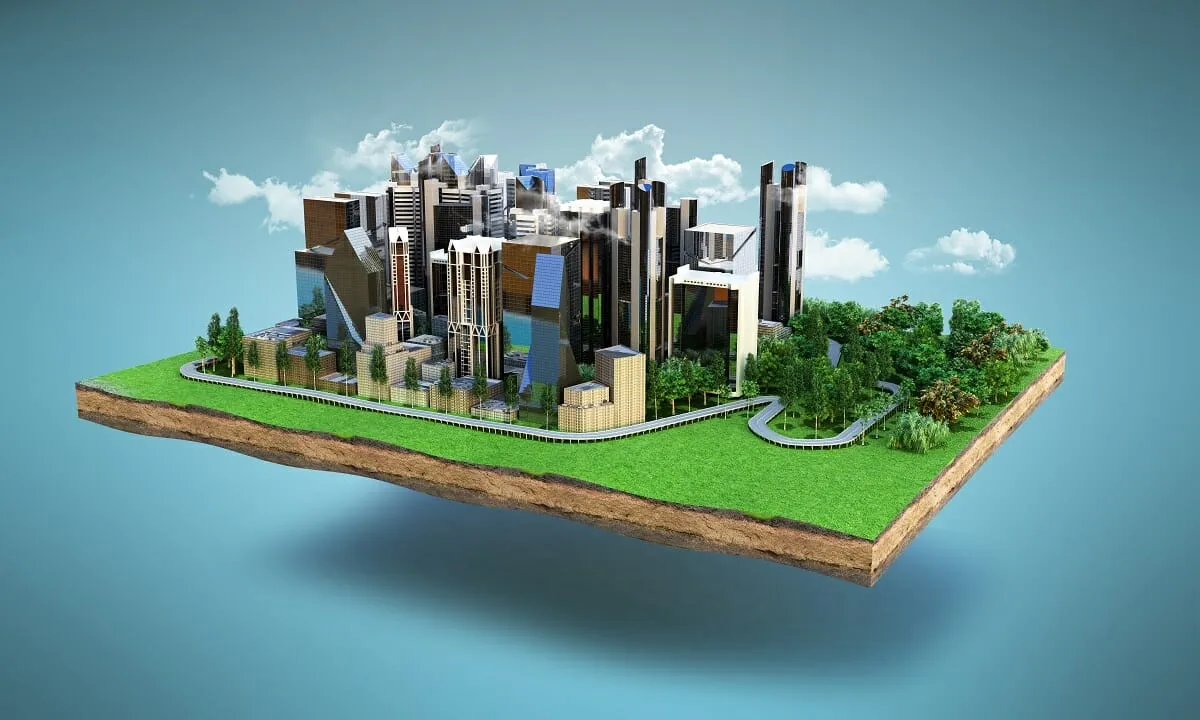When it comes to property ownership in Singapore, two main residential types dominate the market — HDB flats and condominiums. Whether you're a first-time homebuyer or planning to upgrade your living space, understanding the differences between HDB and condo Singapore can help you make a smart investment.
Let’s break it down into key categories to make your decision easier.
What is an HDB Flat?
HDB flats are public housing units developed and managed by the Housing and Development Board of Singapore. These flats are subsidized by the government, making them the most affordable housing option for the majority of Singaporeans.
They range from smaller 2-room flats to larger executive apartments and maisonettes. Over 80% of Singapore’s population lives in HDB flats, and for good reason — they’re practical, well-located, and come with essential amenities.
What is a Condominium?
A condominium, or condo, is a private residential property built by private developers. Condos typically offer a higher standard of living, complete with premium amenities such as swimming pools, gyms, tennis courts, BBQ pits, and 24-hour security.
Condominiums are usually more expensive than HDB flats but offer more luxurious lifestyles and investment potential.
1. Ownership Eligibility
HDB
To buy a new HDB flat, you must meet several eligibility conditions:
-
Must be a Singapore Citizen or Permanent Resident (PR)
-
Must form a family nucleus (e.g., spouse, children, or parents)
-
Income ceiling applies for new flats (e.g., $14,000 for BTOs)
Condo
Anyone, including foreigners, can buy a condo in Singapore (with some restrictions for landed properties). There's no income ceiling or family nucleus requirement.
Verdict: Condos are more accessible for singles and foreigners. HDBs have tighter eligibility controls.
2. Price and Affordability
HDB
HDB flats are significantly more affordable. Prices start as low as SGD 200,000 for smaller units in non-central areas. Government subsidies, CPF housing grants, and low-interest HDB loans make ownership easier.
Condo
Condos start at around SGD 700,000 and can easily climb to several million dollars, especially in central districts. Private bank loans are required, and higher down payments are needed.
Verdict: HDB wins in affordability, while condos cater to a wealthier demographic.
3. Facilities and Lifestyle
HDB
HDB estates offer basic amenities like playgrounds, fitness corners, void decks, and nearby markets or hawker centers. But they don’t have private facilities.
Condo
Condo living offers lifestyle perks like pools, clubhouses, gyms, and private parking. The living environment tends to be more peaceful and less crowded.
Verdict: Condos offer a more luxurious lifestyle, while HDBs are more functional.
4. Location and Accessibility
HDB
HDB flats are strategically located across all regions of Singapore — from mature towns like Ang Mo Kio to newer areas like Punggol and Tengah. Most are well-served by MRTs, bus routes, and amenities.
Condo
Condos also enjoy good locations, especially those near MRT stations or in prime districts (D9-D11). However, some may be tucked away in private enclaves, requiring personal transport.
Verdict: Both offer good accessibility, but HDBs may offer more convenience for everyday commuting.
5. Maintenance Fees
HDB
Town Council Service & Conservancy Charges are low, ranging from $20 to $90 per month depending on flat size and location.
Condo
Monthly maintenance fees can range from $200 to $500 or more, depending on condo size and facilities. This fee goes toward maintaining common areas and security services.
Verdict: HDB is much more cost-effective when it comes to upkeep.
6. Resale and Investment Potential
HDB
Resale flats come with a Minimum Occupation Period (MOP) of 5 years. Capital appreciation is usually slower, and rental income is lower due to restrictions and supply volume.
Condo
Condos have greater investment potential with fewer restrictions. Capital gains are higher, and they appeal to a broader market, including expats and international buyers.
Verdict: Condos are better for capital growth and rental yield.
7. Privacy and Space
HDB
HDB units are designed for high-density living. You’ll often share corridors and lifts with neighbors, and soundproofing can be limited.
Condo
Condo units are usually more spacious and offer better soundproofing. The controlled access and gated entrances offer enhanced privacy and security.
Verdict: Condos offer superior privacy and spaciousness.
8. Loan and Financing
HDB
You can choose between an HDB loan (up to 90% LTV) and a bank loan. HDB loans come with stable interest rates (currently 2.6%) and lower upfront cash payments.
Condo
Only bank loans are allowed, with a lower LTV cap (usually 75%). Bank loans are subject to fluctuating interest rates and require more stringent financial checks.
Verdict: HDB loans are more flexible and forgiving for average buyers.
9. Lease Duration
HDB
Most HDB flats come with a 99-year lease. Older flats nearing lease expiry may face declining value.
Condo
Condominiums can have 99-year, 999-year, or freehold leases. Freehold condos are rare and tend to hold value better over time.
Verdict: Condos offer longer-term investment stability, especially freehold units.
Conclusion: Which One Should You Choose?
The differences between HDB and condo Singapore boil down to your lifestyle needs, budget, and long-term goals.
-
Choose HDB if you're looking for affordability, community living, and government support.
-
Go for a condo if you desire luxury, privacy, and better investment potential.
Both have their pros and cons — and ultimately, the right choice depends on what you value most in your home.
Important Links
Discover the Charm of Dunearn Road Condo Living
Why Everyone’s Talking About Dunearn Road Condo — And Why You Should Be Too
Live Smart, Live Stylish at Dunearn Road Condo
Explore the Full Scope of Dunearn Road Condo Project Details
Discover Why the Dunearn Road Condo Location Is One of Singapore’s Best
Dunearn Road Condo Project Details



